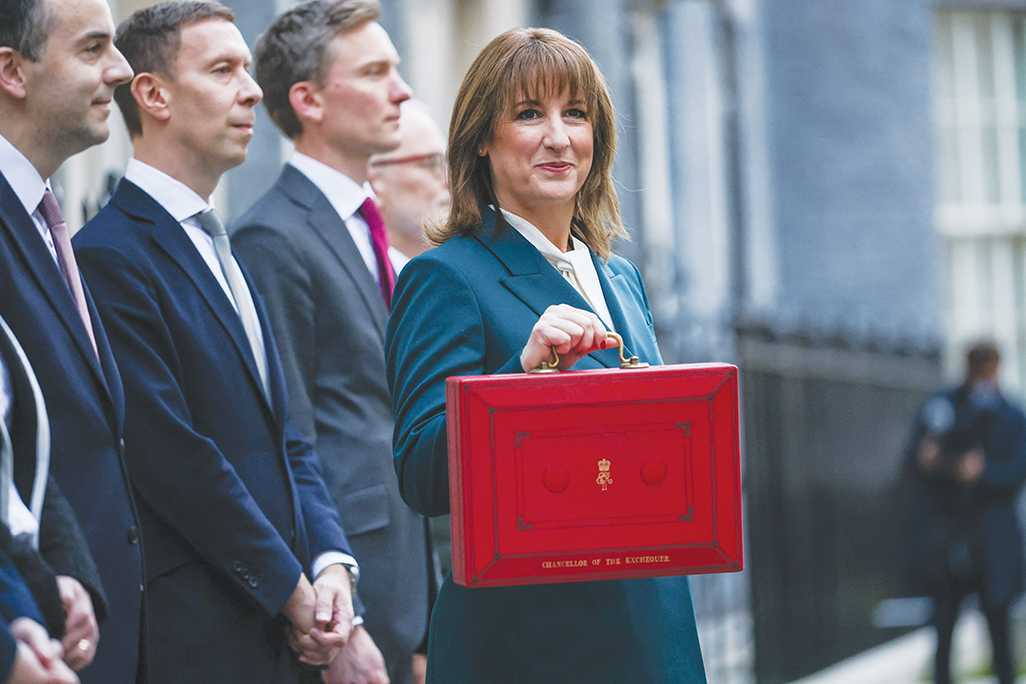UK Chancellor hikes taxes in budget plan to boost fiscal buffer

Britain’s government will have more than double its previous buffer for meeting its fiscal targets, due in large part to tax rises, according to estimates by the country’s fiscal watchdog published on its website on Wednesday ahead of Chancellor Rachel Reeves’ budget statement.
British government borrowing costs initially fell sharply and the value of sterling rose against the U.S. dollar and the euro before falling back.
In a release first reported by Reuters, the Office for Budget Responsibility (OBR) said the headroom – the amount of extra spending or tax cuts possible for the government while staying within its budget rules – now stood at almost 22 billion pounds in five years’ time.
In March, the OBR forecast headroom of 9.9 billion pounds, a historically low level which was eaten up by a downgrade of the country’s economic outlook, higher-than-expected borrowing costs and a u-turn on welfare reform.
A Reuters poll of economists published on Tuesday pointed to a median forecast for an increase in the headroom to just under 17 billion pounds.
Reeves is expected to announce tens of billions of pounds of tax increases on Wednesday in a budgetspeech that will put her credibility on the line both with bond investors and with left-wing lawmakers demanding more welfare spending.
The OBR said in its assessment of the budget that tax rises planned by Reeves would raise an annual 26.1 billion pounds by 2029-30, chief among them a longer freeze on the thresholds at which people start to pay income tax and a higher rate of income tax.
Reeves was due to deliver her budget speech in parliament at around 1230 GMT.



